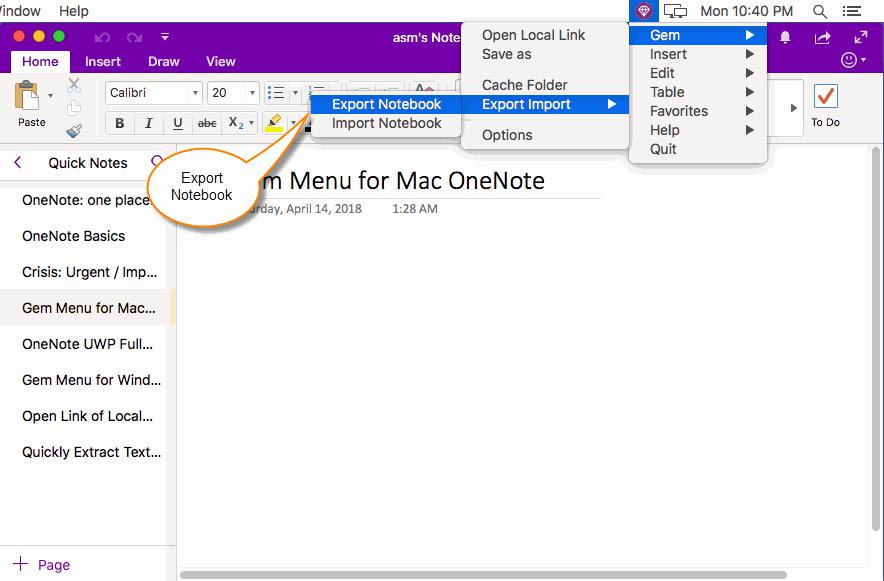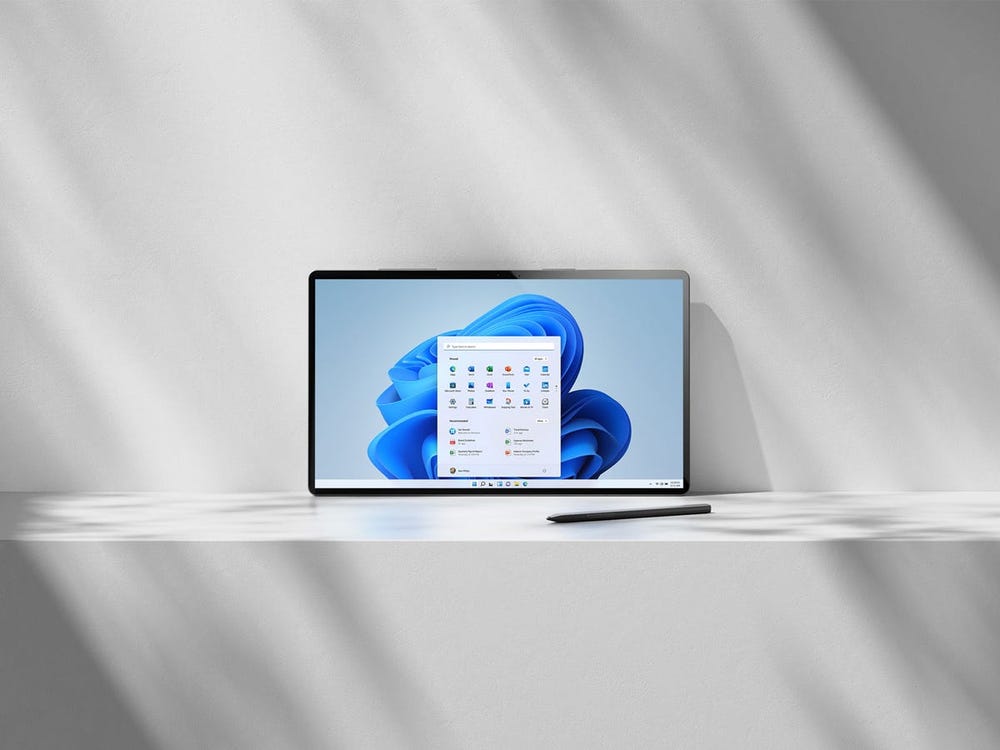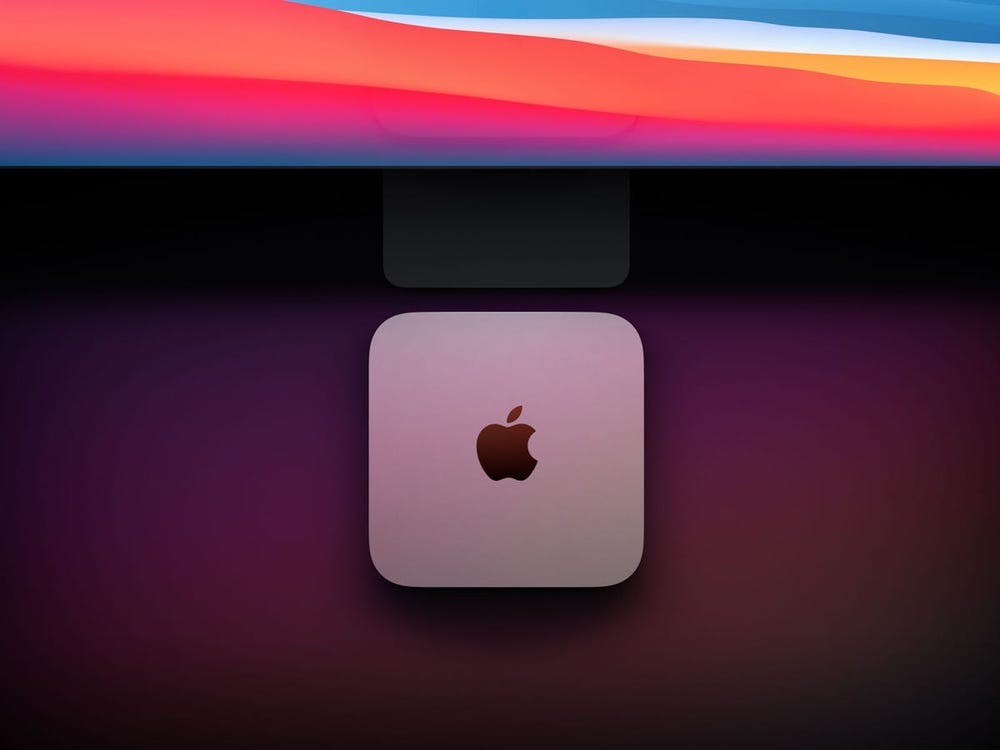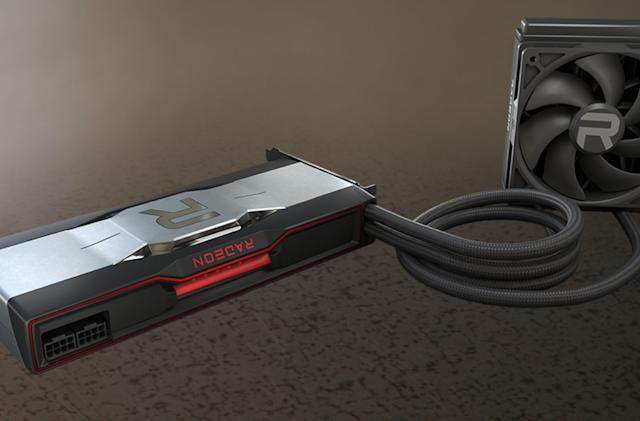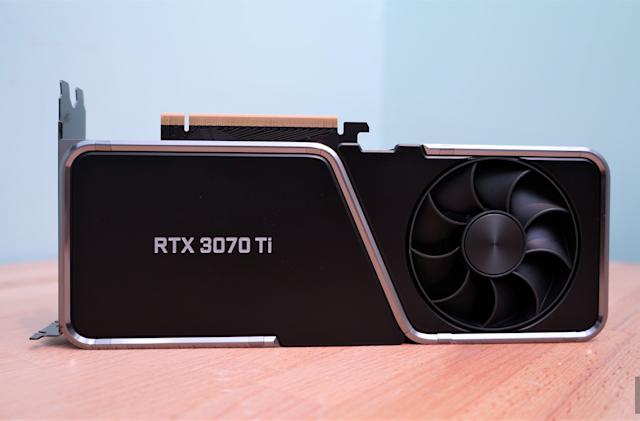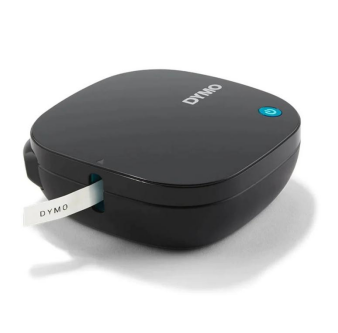Can I use shredded paper in composting?
QUESTION
: Can I use shredded paper in compost? We run paper through our paper shredder, and I’m currently throwing it away. – Donny E
ANSWER
: It’s debated whether certain types of paper are safe for inclusion in compost, and we’ve listed them for you at the end of this section. Most of the time, though, shredded paper is one of the standby materials that go into compost, and it counts as a “brown” Ingredient, or one that provides carbon for your compost.
All weights of paper, from newsprint to cardboard, will work and are permissible as an ingredient in composting. Recommendations against using printed paper are outdated, as modern inks are made of soybeans and carbon. It is important for you to shred any paper materials you’ll be adding to your compost so that they break down more quickly and easily.
Paper is a valuable material for composting because it’s a great source of carbon.Shredded paper also helps soil to retain water and increases its volume. Vermicomposters especially love paper because worms enthusiastically eat it and even take shelter in it, searching it out above other materials in the compost bin.
In the compost pile, shredded paper can have a tendency to clump and mat together. This inhibits the movement of oxygen through the compost and can be detrimental to the microbes we depend on to break down the elements that make up our compost. To prevent this from happening, mix shredded paper with a looser substance, like grass clippings or dried leaves, before you add it to the compost heap.
As an alternative, you can take advantage of shredded paper’s tendency to clump and mat by using it as a mulch instead of including it in compost. Spread shredded paper on top of your plant beds or around trees, giving plant stems and tree trunks a bit of space between them and the paper. Then moisten the paper with a sprinkler or water from the garden hose, and sprinkle some pine straw across the top. The shredded paper mulch will end up resembling a sheet of papier-mâché, and it will do a great job of helping the soil underneath it retain moisture as well as preventing weeds from sprouting up through the mulch layer.
Colored paper and glossy paper can be made up of toxic heavy metals that you don’t want to pass along to your plants, so don’t include colored or glossy papers when you’re adding to your compost. Another exception is paper that has come into contact with pet waste, as animal waste can carry pathogens and should never be included. That said, paper that has been used to line a bird cage is OK for composting and is a source of both carbon and nitrogen.
The types of paper listed here are
safe for composting
.
Bills
Envelopes
Junk mail (as long as it does not include glossy paper)
Memo paper and scrap paper

Newspaper or any type of newsprint
Notebook paper
Personal letters
Printer paper from the home and office printer or copy machine, whether or not it has been printed on
Receipts
This is by no means a comprehensive list of all the various types of paper that are safe to use in composting, simply because there are so many different kinds of paper out there to use. You’ll probably end up composting paper from sources not included on the list.
Although many people compost all types of paper and experience no issues, there are concerns that certain types of paper contain contaminants. We recommend doing your research to determine why the paper types listed below are causes for concern so you can make a well informed decision about whether or not to compost the kinds of paper listed here. Each person must assess the level of risk their compost materials carry and decide for themselves what they’re comfortable with. You should
proceed with caution before composting
the following types of paper.
Construction paper of any color
Foil and paper that has metallic foil printing
Fluorescent colors of paper and card stock
Glossy paper
Magazines or paper that comes from magazines
Metallic colored paper, or paper that has been printed with metallic ink
Wax paper (or wax paper)
Related
Latest: Free printable journal page liner
Next: Note card system: the key to remembering, organizing and using everything you read
